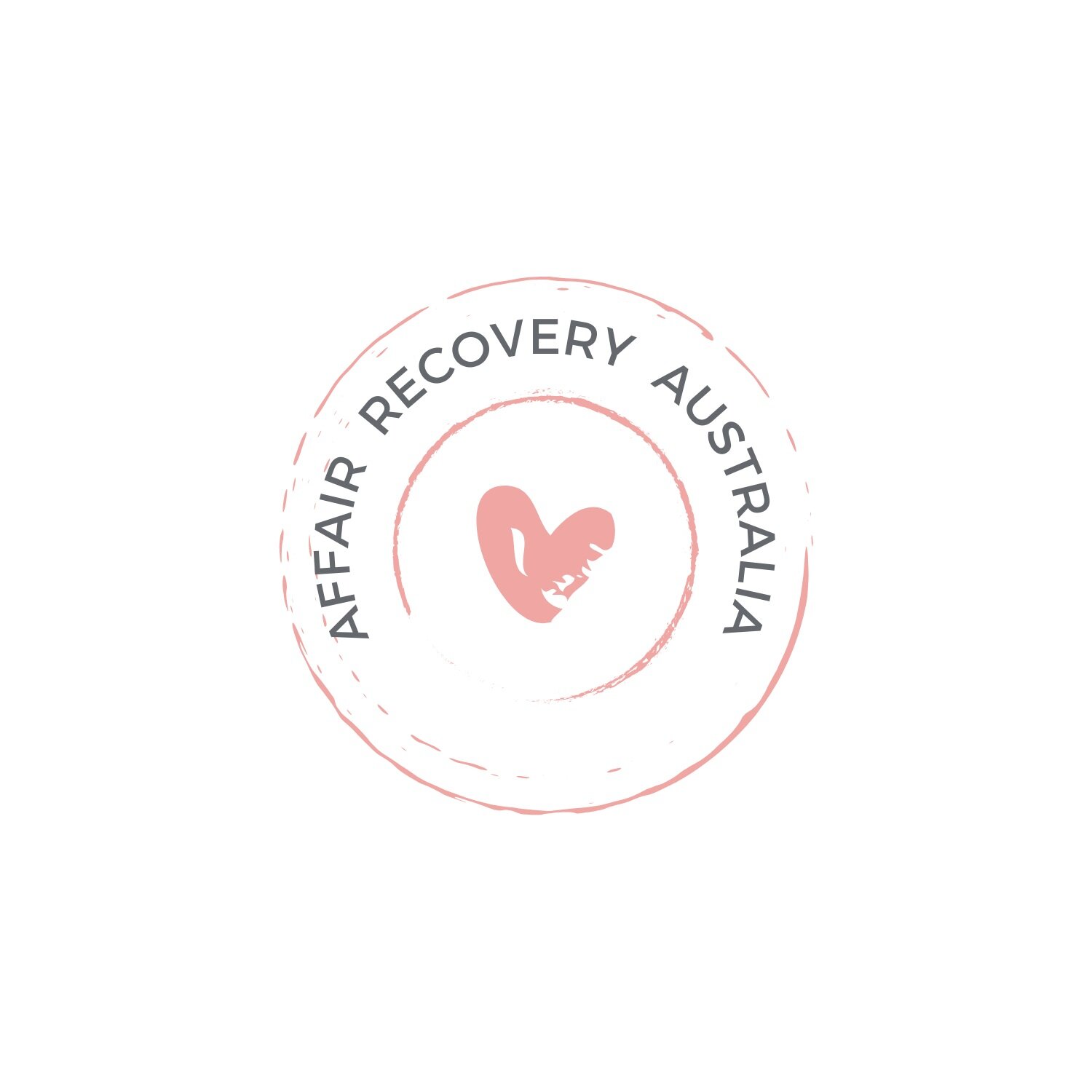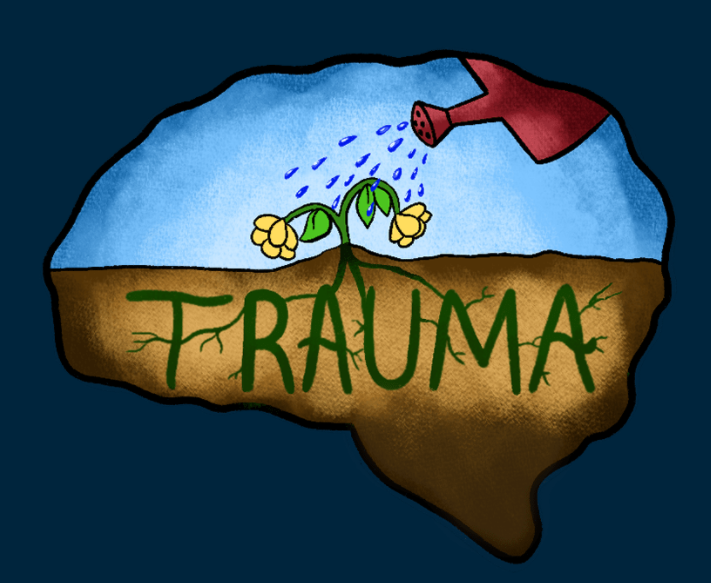How do you find the right help?
I once heard relationship expert John Gottman say that trying to recover your relationship after an affair without help is like trying to do knee surgery on yourself in the kitchen. He’s not wrong!
Back in 2008 when I started my own affair recovery journey there was actually very little help around. Today it’s a completely different story and in fact the multitude of people and programs claiming to help makes it all the more difficult to work out what is best. And then there is the “traditional” couples counselling approach – trying to find someone locally to help, most people will turn to a counsellor of some description, either individually or as a couple.
I am going to call them helpers or therapists as a collective term for the many who work in this space such as psychologists, social workers, counsellors, coaches and church or faith based helpers etc I personally have degrees in helping but on this journey have found this to be less relevant in who provides the best help.
But is all help equal and how do you know if it’s working?
Prior to telling me about his affair, my husband went for a couple of individual counselling sessions. He was unravelling and I didn’t know why, but I was pleased he was seeking some help. After D-day it seemed logical to go as a couple to the person he had seen individually. We went a couple of times and she was fine with attempting to create calm after the initial disclosure, but as an individual therapist she worked with me with my husband in the room – not with both of us. She did not understand the aftermath of the disclosure of an affair and when I diagnosed myself with Post Traumatic Stress as I had all the symptoms, she said that was not possible as that was something people got in combat. She also wondered if having an affair meant my husband had a sex addiction (that’s another whole blog in itself).
So when it was clear that work was needed, she was not the right person. I knew this because she had no skills or training (she was an individual therapist) in couples therapy and did not understand affairs at all. Unlike many helpers who don’t know what they don’t know, she was honest and said she would learn with us but I did not want her practising on my marriage.
Since then I have worked with many couples who have seen more than one helper before finding me. Reasons they give for moving on generally involve that lack of understanding of affairs including: fixed views on whether marriages should survive an affair; individual therapists with no couples training which limits the ability for you to really connect with each other in therapy; taking one side over the other; not understanding the post discovery trauma; pushing betrayed spouses to draw a line and move on for the sake of the marriage; forgive and forget and other positions that limit talking about it; advice that limits the betrayed spouses ability to create safety in the relationship again; letting the unfaithful get away with not taking responsibility or insisting the responsibility lies equally with both partners or worst of all blaming the betrayed spouse; not understanding emotional affairs are just as painful as sexual affairs and the length of time an affair goes on has no relation to the level of pain caused (ie short affairs or one night stands or porn do not create less pain); focussing on the marriage and ignoring the affair believing marriage work will magically heal the affair pain.
The list goes on but essentially if you hear these sorts of views then this is not the right person to help you recover. So who is? Well I can’t tell you that but I do have some questions that you can ask a potential helper that will help you work out if this is the right person for you.
What is your training and experience with working with couples?
Mental health professionals (psychologists, social workers, counsellors) rarely get specific training in working with couples as part of their degrees. This comes later with an interest and desire to want to work in that area. I would be wary of doing couples work with a therapist who works mainly with individuals. Working with couples is a very different skill base that ensures that a couple connects with each other more than the therapist. You need to know that the person you are seeking help from has knowledge, experience and training in evidence based therapies that work with couples. Gottman and Imago I have found to be the most effective for working with affairs but there are others (Emotionally Focussed Therapy, Collaborative Couple’s Therapy - just google them and see what it says) and of course it comes down to the skill and temperament of the person applying the theory as to how helpful it will eventually be for you.
What is your experience of working with couples where there has been an affair in their relationship, and they want to repair the relationship?
Having hung around with many couple’s helpers while training and networking etc I can honestly say that for many, knowing an affair couple is going to be landing on their couch is a scary thing. The level of pain that is present between a couple in the early stages of affair work is palpable and you need someone who is comfortable in that space. Also, many therapists are great at helping couples decide to separate but not so great through that pain in helping them find the reasons for staying. So if your therapist talks about separation and your goal is to stay together (or you are still on the fence) – move on. In answering this question, they need to convince you that they understand affairs and the pain they cause and how hard and how much work it takes to recover from them and that they have had success in helping other couples recover.
What approach do you use or how exactly do you help?
A therapist in answering this questions should be able to outline what they will do to help you recover. They need to know what it takes to recover and how they will guide and teach you what you need to do to help you to get there. Whilst you are responsible for doing the work (no one can do it for you) you need your helper to be able to move you through the process otherwise you get stuck and the whole thing can turn into a painful talkfest.
Does it work?
You want to hear a confident yes here. Whilst of course everyone has to start somewhere I would want to hear that my helper has helped many couples now come to full recovery rebuilding their marriage and putting the affair behind them. You want to know you are in good hands.
The answers to these questions you may find on the helping professionals website. Or call them and ask them. If you want to know how I would answer these questions you can click here…



